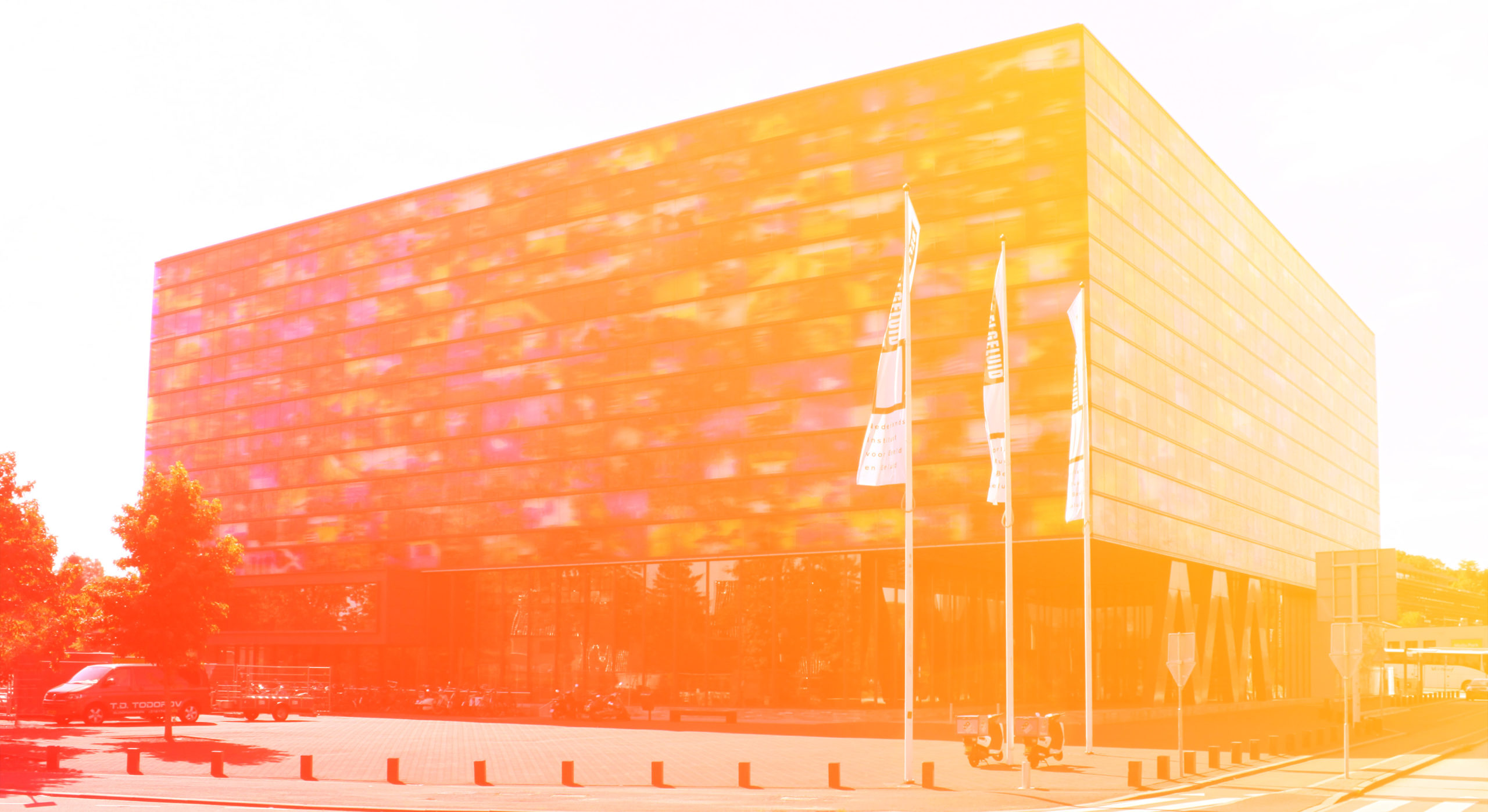Partner introduction: The Netherlands Institute for Sound and Vision
Sound and Vision is home to one of the largest music collections in the Netherlands

What is the relation between your organisation/institution and music?
Sound and Vision is home to one of the largest music collections in the Netherlands. As a national audio-visual archive, we hold close to half a million music carriers, ranging from wax cylinders to records and CDs. The television archive also holds concert registrations and music programs and our storage rooms are filled with technological objects related to music history. We are looking to improve access to these collections for researchers, but also for the general public, by providing innovative tools for increased understanding and engagement with these collections.
What do you bring to the Polifonia project?
Apart from access to our music collections, we bring knowledge and open-source tooling for building knowledge graphs and thematic presentations based on these graphs to the Polifonia project, especially to the INTERLINK pilot. In the Netherlands we are collaborating with other heritage institutions to create a distributed network of heritage information, in which individual institutions publish their metadata at the source as Linked Data. Third party users can then query these collections in a knowledge graph, and create presentations on topics that are relevant to their specific communities or users.
What do you hope to get out of the Polifonia project?
The history of music is not confined to individual nations: performers, musical genres and compositions spread across Europe, influencing each other. Therefore, a European perspective on our musical heritage is much needed. Also, until now, Sound and Vision has restricted itself to building graphs based on metadata. The Polifonia project aims to go further and provide data based on an in-depth analysis of the music itself which will offer fascinating new insights into our musical heritage.
Image credits: The Netherlands Institute for Sound and Vision in Hilversum. Hay Kranen, CC-BY 4.0










